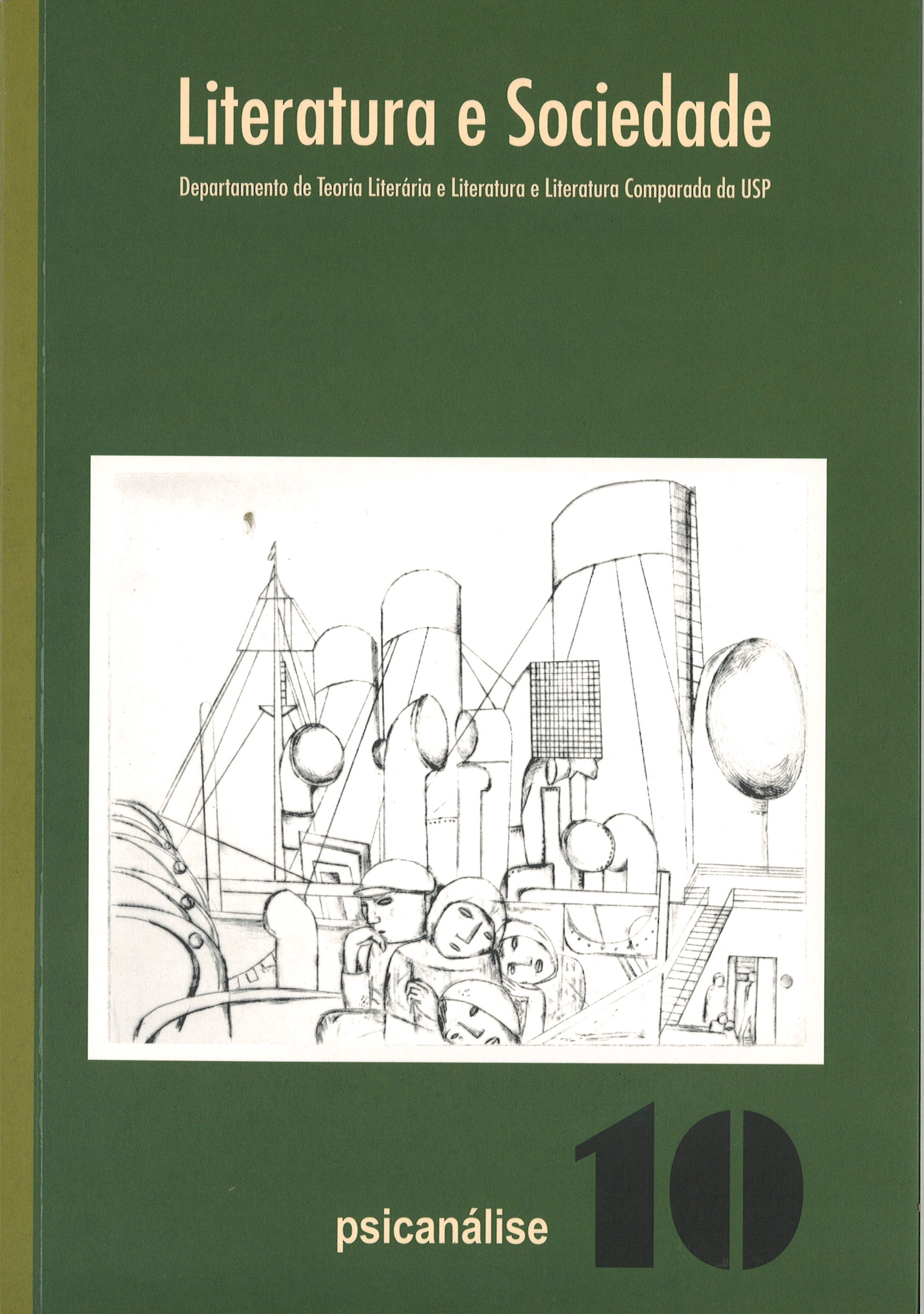A FALA ESVAZIADA EM NELSON RODRIGUES
DOI:
https://doi.org/10.11606/issn.2237-1184.v0i10p46-55Palavras-chave:
Diálogo, atos de linguagem, fala vazia, fala esvaziada.Resumo
Não há nada a interpretar nas obras de Nelson Rodrigues, porque nelas não há recalques, substituições inconscientes ou atos falhos. Está tudo feito e dito, até mesmo a apreciação geral da trama, que se encontra no próprio texto de Álbum de família: “São resultados da educação patriarcal”. A proposta deste artigo não é, portanto, analisar o autor, as personagens, suas relações psicológicas e seus atos, mas certo tipo de diálogo recorrente na obra. São diálogos reduzidos ao mínimo e sempre inconclusivos. Eles se apresentam sob seis modalidades: 1 perguntar; 2 tergiversar; 3 duvidar; 4 jurar; 5 confessar; 6 pedir perdão. Esses verbos são performativos, isto é, verbos que realizam uma ação e encerram seu sentido no próprio ato de enunciação. Não têm referente na realidade, são apenas atos de linguagem. Como são diálogos artísticos, não se trata de uma fala vazia (neurose), mas de uma fala esvaziada.Downloads
Os dados de download ainda não estão disponíveis.
Downloads
Publicado
2007-12-06
Edição
Seção
Ensaios
Como Citar
Perrone-Moisés, L. (2007). A FALA ESVAZIADA EM NELSON RODRIGUES. Literatura E Sociedade, 12(10), 46-55. https://doi.org/10.11606/issn.2237-1184.v0i10p46-55


